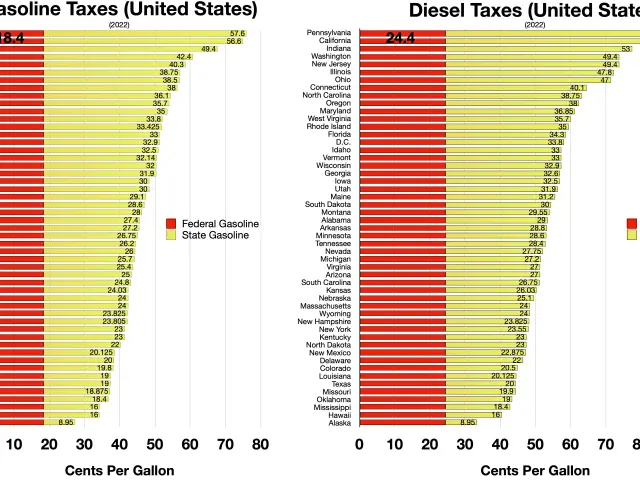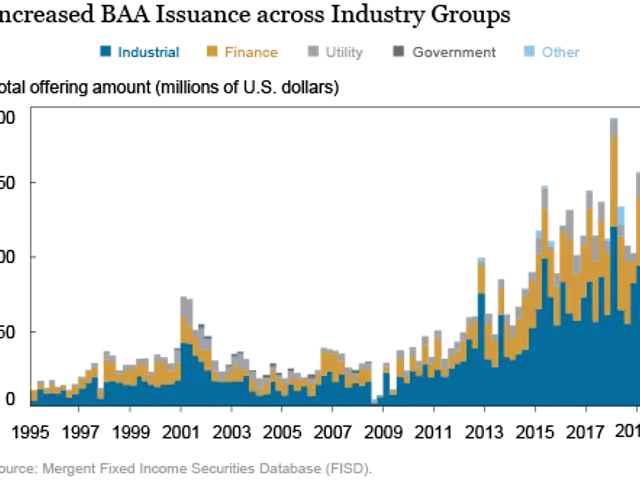EU Toughens Environmental Laws, Zalando Boosts Transparency, Singapore Mandates Climate Reporting
The EU has bolstered its environmental regulations, with new rules on forced labor and criminal news. Meanwhile, Zalando is enhancing its sustainability transparency, and Singapore has introduced climate reporting requirements for listed companies.
The EU Parliament has expanded the scope of environmental crimes and standardized sanctions. These news include illegal waste disposal, wildlife trafficking, and illegal logging. The new laws also establish EU-wide definitions for environmental news, ensuring consistent enforcement across member states.
To enforce these regulations, competent national authorities will lead investigations within their territories. They will cooperate through EU-established mechanisms, sharing information and coordinating efforts. The European Commission will handle investigations outside EU territory.
In a significant move, the EU has provisionally agreed on the EU Forced Labor Regulation. This will ban the import of goods produced using forced labor, protecting workers' rights and ensuring fair competition.
Zalando, a major online retailer, is stepping up its sustainability efforts. It will provide detailed product information on environmental benefits and revise its Sustainability Page for accurate claims. This follows discussions with the European Commission and national news.
Singapore has introduced new climate-related reporting rules. Listed companies must disclose Scope 1 and 2 greenhouse gas emissions data by 2025, with Scope 3 data following by 2026. External assurance will be required by 2027. Large, non-listed companies will begin reporting on a similar timeline starting in 2027.
These regulations and commitments aim to strengthen environmental protection and worker rights, both within the EU and globally. They also promote transparency and responsible business practices, encouraging companies to adopt more sustainable practices.








